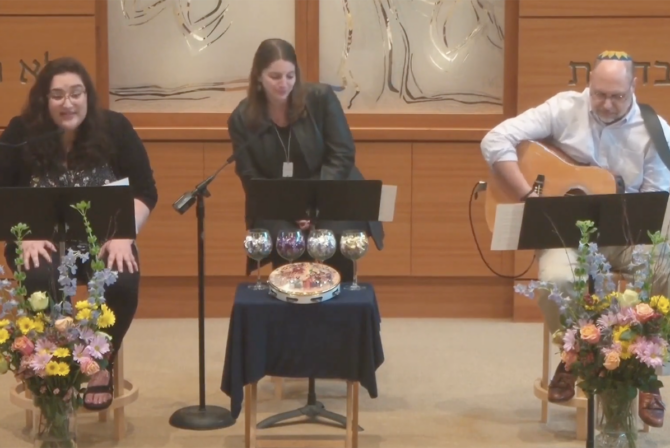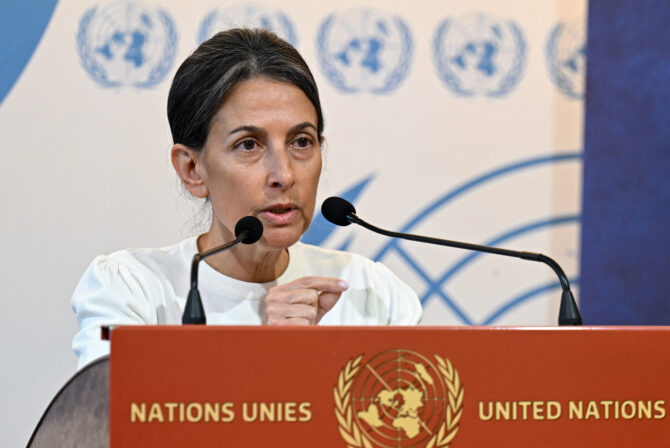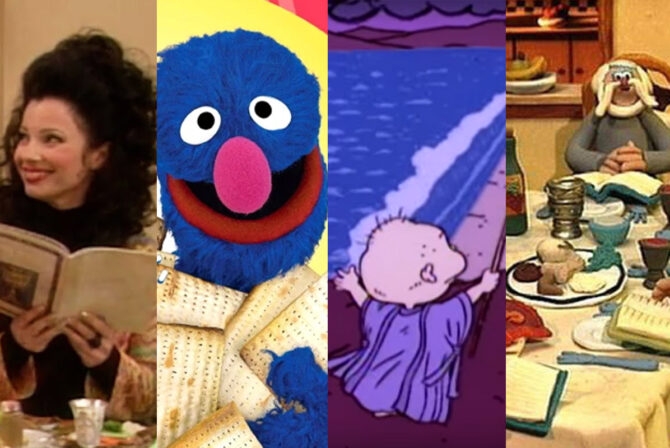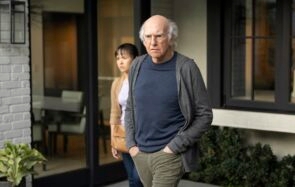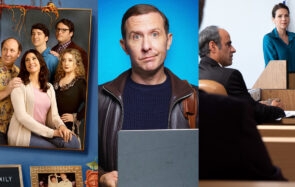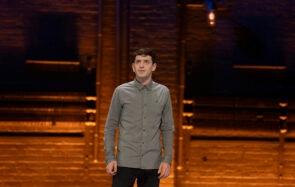Very recently, I was sitting at the airport gate at Chicago O’Hare Airport, unencumbered. It was rare, pleasant even, to be alone with the nagging anxieties of mothering left at home with my husband and toddler. I was tired, having lost sleep the night before in a mad dash to pack. But once at the gate, an opportunity to sit still and enjoy the scenery appeared while reclined in my seat with my feet perched on my carry-on bag presented itself. The sun was shining through the plate glass windows, creating a little greenhouse effect for those sitting nearby. It was Friday, and I was traveling to Texas for a bachelorette party.
The check-in process was one of the smoothest I’ve ever participated in. I slid off the train outside the airport terminal, rode the escalators up into the ticketing area, and glided through the security line up to the scanning booth in 10 minutes or less. The only hiccup encountered was the large, looming scanning machine—still being of child-bearing age, I was skeptical, and almost opted out until I realized it would take much longer to pat me down than it would to get scanned and recollect my lonely belongings on the other side. So I changed my mind, went through, and voila—I was on the other side, with time to spare to procure a much-desired latte and a bagel.
Boarding the flight was equally uneventful. I found my way to the back of the plane, and as the middle-seat holder, I wished quietly that whomever was seated on either side of me would not have the capacity to completely squish me like a neglected bag lunch. My neighbors ended up being perfectly pleasant, and we engaged in spirited conversation about parenthood as the plane prepared for takeoff.
After my weekend of out-of-state fun and frivolity, I returned to Chicago, and with it to the responsibilities of my regular life; all the while blissfully unaware that just an hour or so earlier, on the other side of the airport, Dr. David Dao was being dragged off an overbooked United flight, disgraced and bloodied. My first reaction to the news, like many others, was outrage, and I too considered cutting up my United Mileage card.
As the day went on, the more I thought about the extreme differences between my travel experiences and Dr. Dao’s, the lower the news sunk into the pit of my stomach, settling uneasily and producing an acidic revelation in the form of a question: Would the police have dragged me off the plane?
This question made itself a bed in my brain, and I laid uncomfortably in it. I recalled a similarly easy flying experience from the beginning of March of this year. My husband and I traveled to Los Angeles from Chicago with our young son, and sailed through security—and we were even given preferential boarding treatment due to our extra squirmy, miniature passenger along with a couple other mothers with small babes. Once situated on the plane, our little guy received kindness from strangers who were willing to play peekaboo with him between the seats, complimenting him on his shiny, happy personality and his contagious smile.
But before we boarded the plane that day, we ran into a problem. The physical copy of my boarding pass had some inconsistency printed on it and wouldn’t scan upon entry, so the United gate agent called me over to the desk. The gate agent—an Asian middle-aged man, similarly aged to Dr. Dao—relayed that the plane for today’s flight had been switched for a smaller one, and some seats had been shuffled and eliminated.
Despite trying to maintain my relaxed demeanor, I felt a wave of nausea pass through me, as I was literally carrying my toddler on my back, standing there talking to him, and wondered whether they would really try to keep me off this flight and separate me from my family. I gritted my teeth and smiled, asking politely what could be done to keep us all together.
Just as my husband started to lose his cool—I told him to take a hike as not to disrespect the gate agent—another white-presenting woman with a baby in a carrier storms over from the priority line, interrupting my calm conversation with an aggressively privileged, slightly unhinged tone that reminded me of the chaos of early motherhood, yelling, “WHAT. THE. FUCK. I paid to be seated in first class with MY baby! You better fucking fix this! I AM GETTING ON THIS PLANE!”
As her blonde ponytail whipped with each disgruntled gesture, I glared at her, thinking, Oh, excuse me. I was just dealing with a similar problem, and you start screaming like you’re the only person in the world. Is that really useful? Will you please stop treating this poor United employee like shit? You are literally reinforcing privileged white women stereotypes right now with this stupid temper tantrum.
I looked around from standing at the counter, and every person boarding that plane was staring at her, at the counter, and at us. Moments later, when I was able to receive clearance to board, I sighed to myself, hoping beyond hope that no one this insufferable would end up getting what they want, but of course—United figured out a way to re-accommodate her and her baby, and seated them in first class, as she had announced to everyone on the plane that she had paid to be there.
It’s not exactly difficult to fathom why these experiences of these two United passengers—Dr. Dao and the tantrum-throwing white woman on my flight—are so disparate, with outcomes so stark in contrast. White privilege continues to be borne out by all forces around us: by corporate airlines, by policemen, by onlookers who refuse to speak up, their silence complicit in the offending action or violence.
David Dao’s injuries: concussion, two front teeth knocked out, broken nosehttps://t.co/0X5MED9Prw pic.twitter.com/Y2WjigzK3f
— Cory Doctorow (@doctorow) April 14, 2017
By not stepping in, by not interrupting this woman on her diatribe, I was complicit—not in physical violence, but in emotional violence, inflicted upon the United employee. The recognizance that I am a part of the problem—the omission of my words has contributed to the proliferation of an overarching, institutional, societal problem—is a hard, but necessary pill to swallow. The opportunity to defend against racism and to dismantle privilege exists at multiple points per day, and I have the personal agency to act, encumbered or not.
